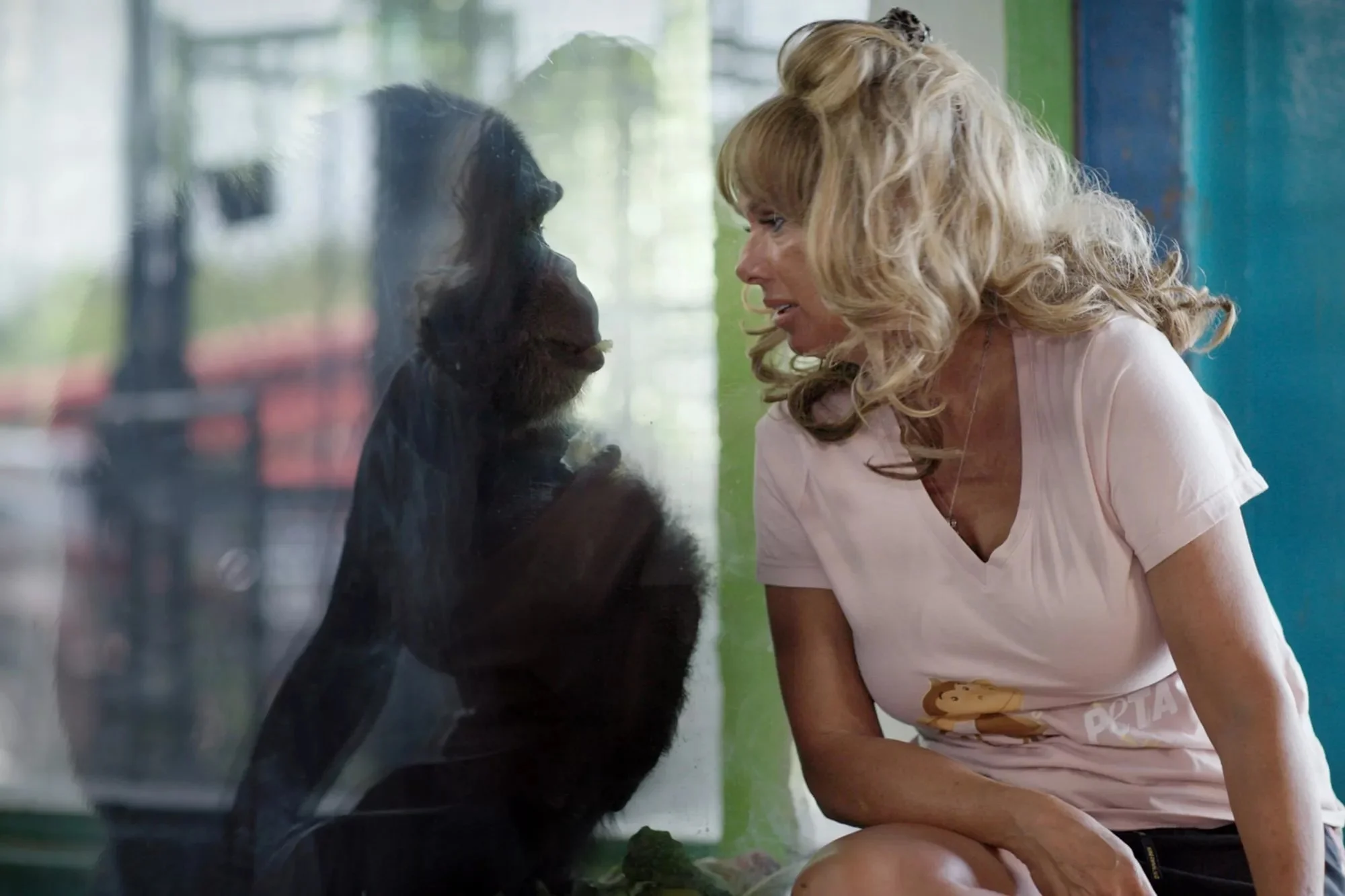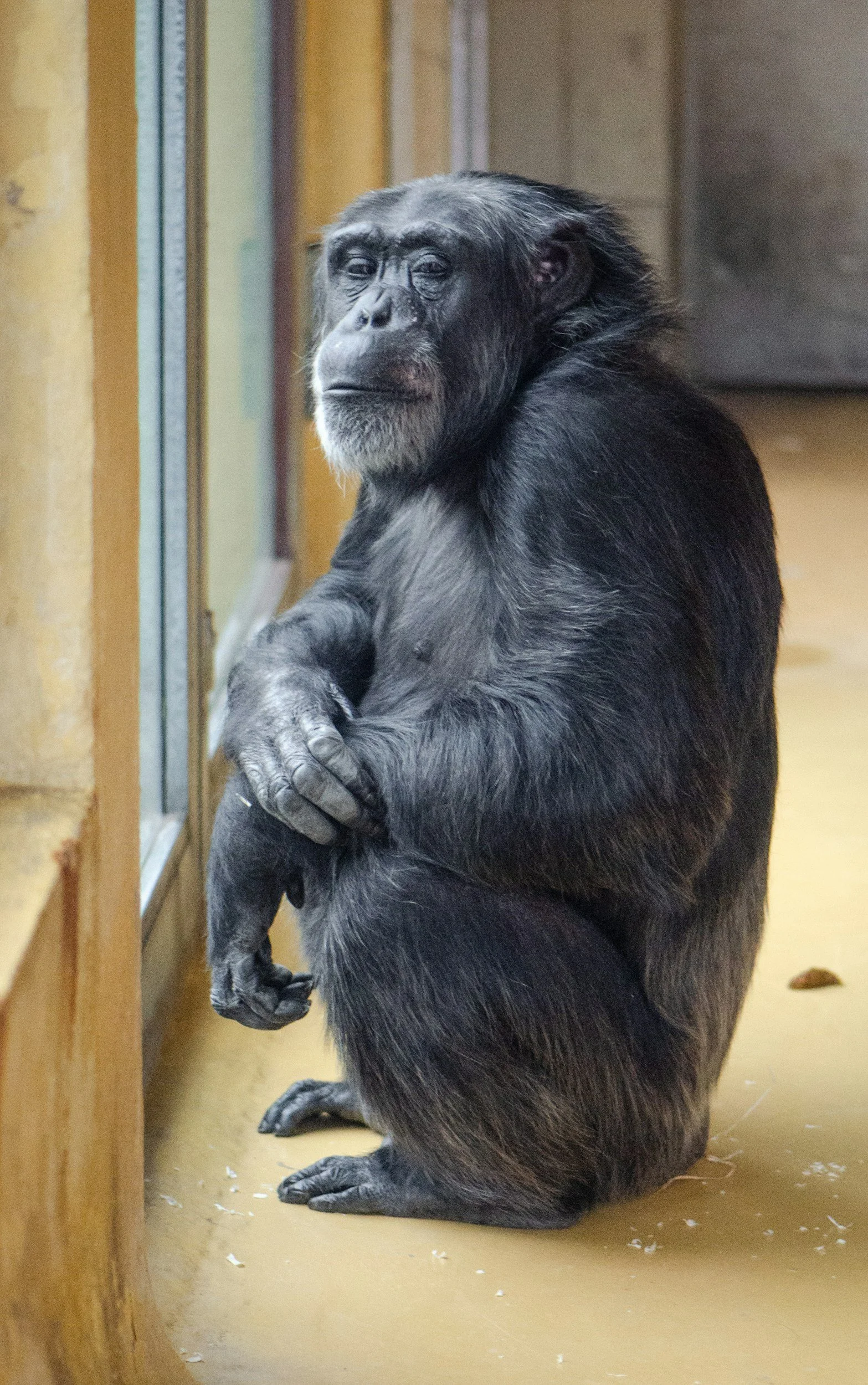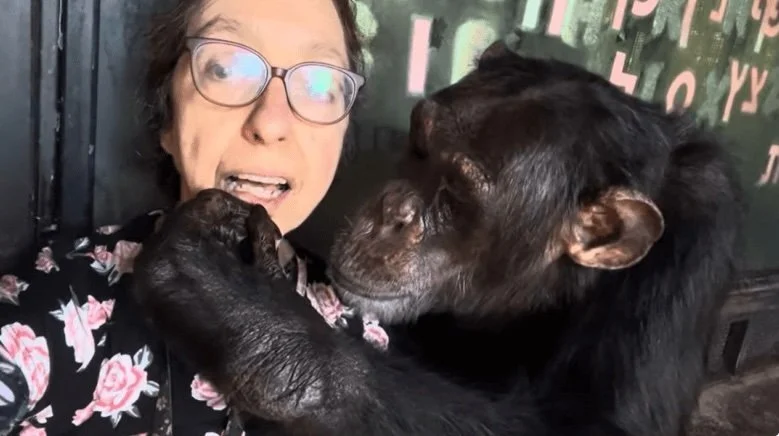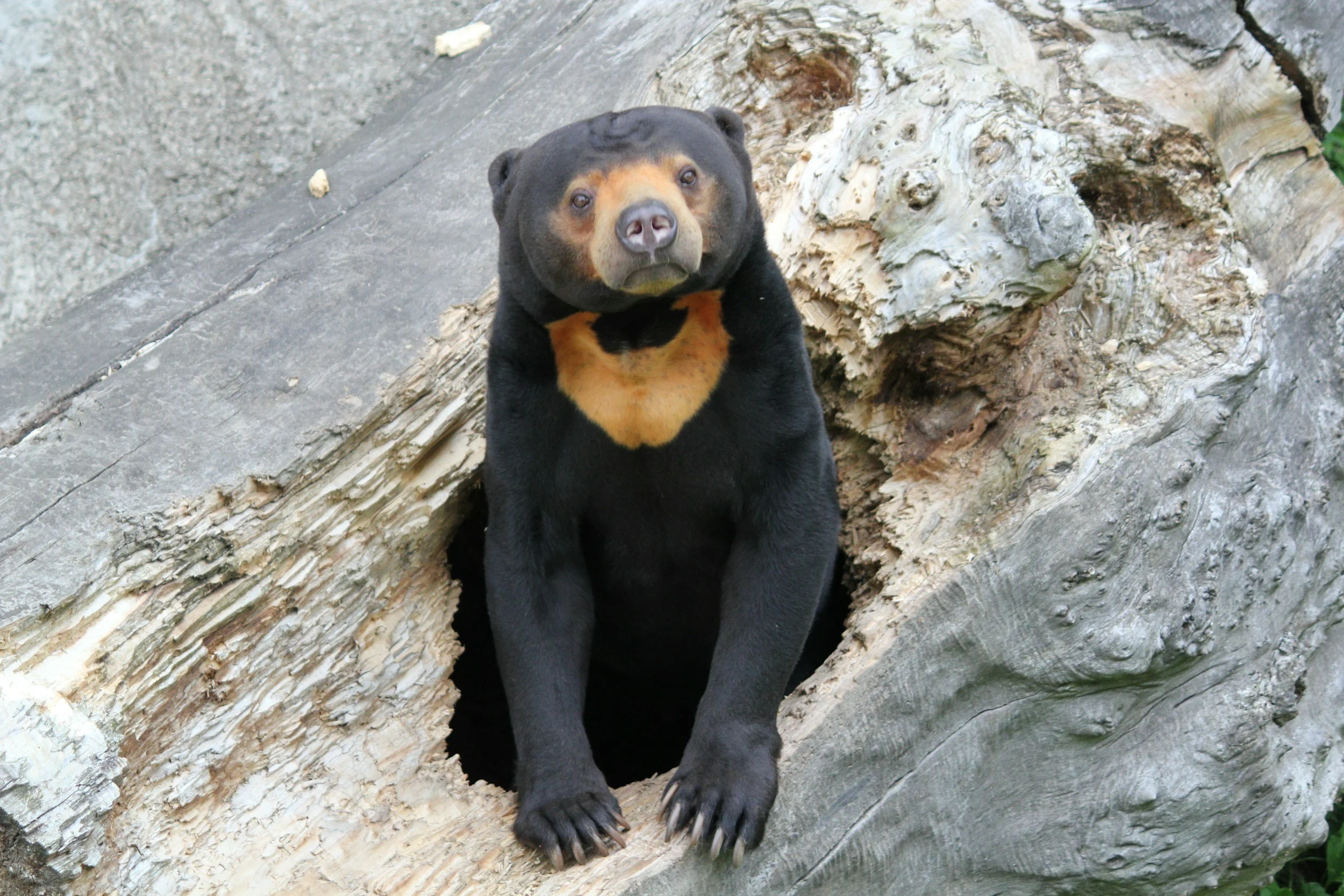‘Chimp Crazy’ figure Tonia Haddix sentenced to nearly 4 years in prison
The Missouri woman, who starred in the HBO documentary series Chimp Crazy, plead guilty to two counts of perjury and one of obstructing justice, after lying that a primate she was accused of mistreating had died.
Tonka and Tonya Haddix in 'Chimp Crazy'. Photo: HBO
The notorious Tonia Haddix, of the 2024 Emmy-nominated HBO series Chimp Crazy, has been sentenced to nearly four years in federal prison after pleading guilty to two felony counts of perjury and one felony count of obstructing justice during an investigation into the alleged death of chimpanzee, Tonka.
Haddix, 56, was also ordered to serve three years of supervised release after her 46-month prison sentence.
As shown in the docuseries, Haddix, a former nurse turned exotic animal owner, kept seven captive chimps "confined in cramped, virtually barren enclosures” at the now-defunct Missouri Primate Foundation facility.”
Among the chimpanzees, who had been bred to be used in commercials, photo shoots, and movies, was Tonka, a 32-year-old retired Hollywood chimpanzee.
Animal protection group People for the Ethical Treatment of Animals (PETA) was granted permission to rescue the chimpanzees, but when officials arrived to carry out the court’s order, Haddix falsely claimed that Tonka had died, knowingly lying to a federal judge and concealing his whereabouts.
"I wanted to keep trying to save Tonka if l could. But then he just died on his own, so there was no saving him,” she said, according to court records.
Nearly a year later, following a nationwide search, Tonka was discovered hidden in a tiny basement cage at Haddix’s new home, isolated, unable to move freely, denied outdoor access, companionship, and proper veterinary care.
This resulted in her arrest, and she pled guilty in March to the counts of perjury and obstruction of justice. Tonka was transferred to Save The Chimps Sanctuary in Fort Pierce, Florida. She was also ordered to pay PETA’s legal fees and costs, which amounted to around $225,000.
Tonka was rescued and is now living at the Save the Chimps sanctuary in Fort Pierce, Florida. The U.S. Department of Agriculture (USDA) also terminated Haddix’s federal license, banning her from legally selling primates, and from operating her roadside zoo.
“Now that Tonia Haddix is locked up, she’s getting a taste of the suffering she inflicted on animals by imprisoning them in cages and denying them any semblance of a natural life,” said PETA Foundation General Counsel for Captive Animal Law Enforcement Brittany Peet, who was in the courtroom at her sentencing. “PETA is relieved to see justice done and urges everyone to support the Captive Primate Safety Act, which will keep vulnerable monkeys and apes out of the pet trade and the hands of ruthless dealers like Haddix.”
The saga continued in July of this year when Haddix was taken into custody after defying court orders once again, as authorities discovered another chimpanzee hidden in the same tiny basement cage where she once kept Tonka.
"Defendant has shown no remorse for her criminal conduct, and has continued to challenge and defy this Court’s authority, and she should face a significant punishment as a result,” prosecutors wrote.
What can be done to protect chimpanzees in the US?
The Captive Primate Safety Act, introduced by Senator Richard Blumenthal and Representatives Earl Blumenauer and Brian Fitzpatrick, aims to prohibit the private ownership of nonhuman primates.
The Act defines 'prohibited primate species' to include various types of monkeys, apes, and their hybrids. This legislation is focused on banning pet primates while exempting zoos, research facilities, sanctuaries, and universities. Current owners would need to register their animals to ensure awareness among first responders and animal control officers.
Species Unite is among the animal advocates fighting for the passage of the Captive Primate Safety Act. The group's petition, supported by more than 7,000 people, highlights how nearly half of U.S. states allow private ownership of primates as pets, leading to a patchwork of regulations and a lack of federal protection against abuse, as shown in Chimp Crazy.
Primates often suffer severe trauma from early separation, poor diets, and inadequate living conditions, which fail to meet their complex needs, as per the petition. Additionally, large primates kept as pets can be dangerously aggressive, with over 300 injury cases reported in the past 30 years.
A screen capture of Bow from a YouTube video posted by Aya Katz, a Raymondville, Missouri, resident and vlogger. Bow is the last remaining solitary chimpanzee held in a private home in the U.S. Photo: PETA
There are fewer than 100 chimpanzees remaining in roadside zoos and private homes in the U.S., according to PETA. Three of those include: Bow, who is exploited in a private home in Missouri for his “owner” Aya Katz’s YouTube channel; Limbani, who is held at a notorious Miami roadside zoo featured in Tiger King and owned by former drug kingpin and convicted felon Mario Tabraue; and Ricky, who is held captive at Pam Rosaire’s secretive compound in Sarasota, where Chance, another chimpanzee featured in Chimp Crazy died of unknown causes at just 15 years old after appearing in Martin Scorsese’s The Wolf of Wall Street.
Learn more about Chimp Crazy by listening to these podcast episodes: S11. E22: Chimp Crazy: Angela Scott: The Whistleblower and S11. E21: Chimp Crazy: Brittany Peet: The Attorney
Join Species Unite in calling on Congress to pass the Captive Primate Safety Act by signing and sharing this petition.
Whistleblowers with information about captive chimpanzees, including Bow, Limbani, or Ricky, are encouraged to contact PETA here.
We Have A Favor To Ask…
Species Unite amplifies well-researched solutions to some of the most abusive animal industries operating today.
At this crucial moment, with worldwide momentum for change building, it’s vital we share these animal-free solutions with the world - and we need your help.
We’re a nonprofit, and so to keep sharing these solutions, we’re relying on you - with your support, we can continue our essential work in growing a powerful community of animal advocates this year.






The potential transformation of the Oregon National Primate Research Center could offer freedom to thousands of monkeys used in biomedical research.